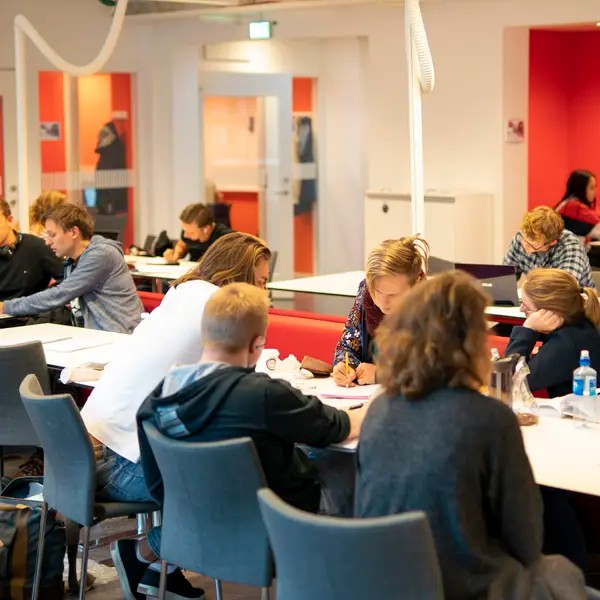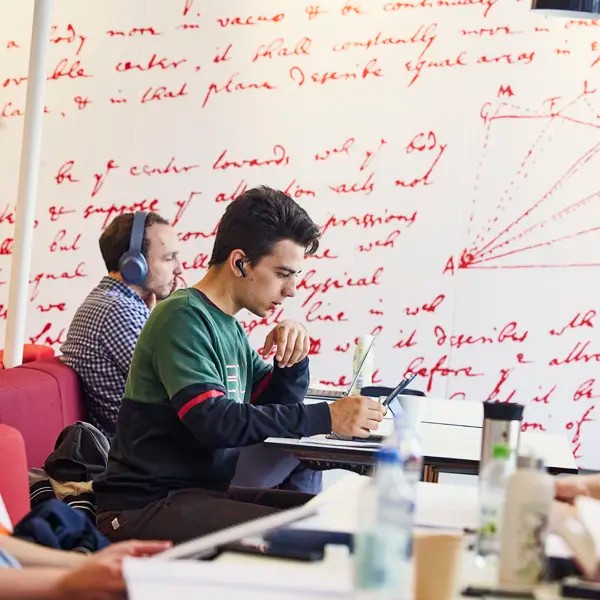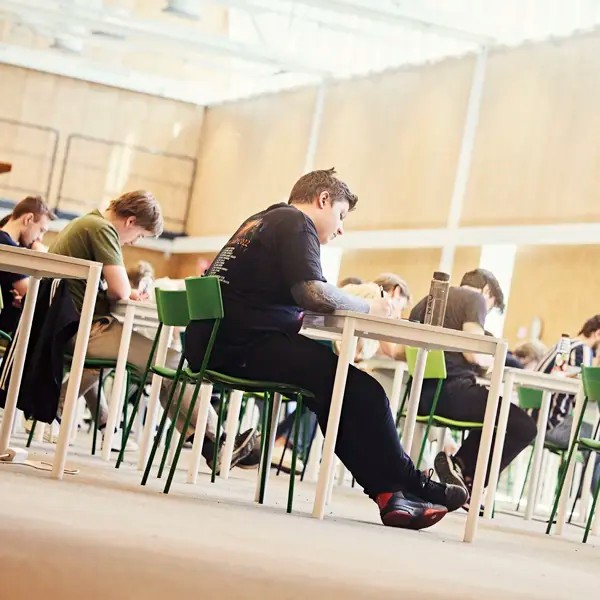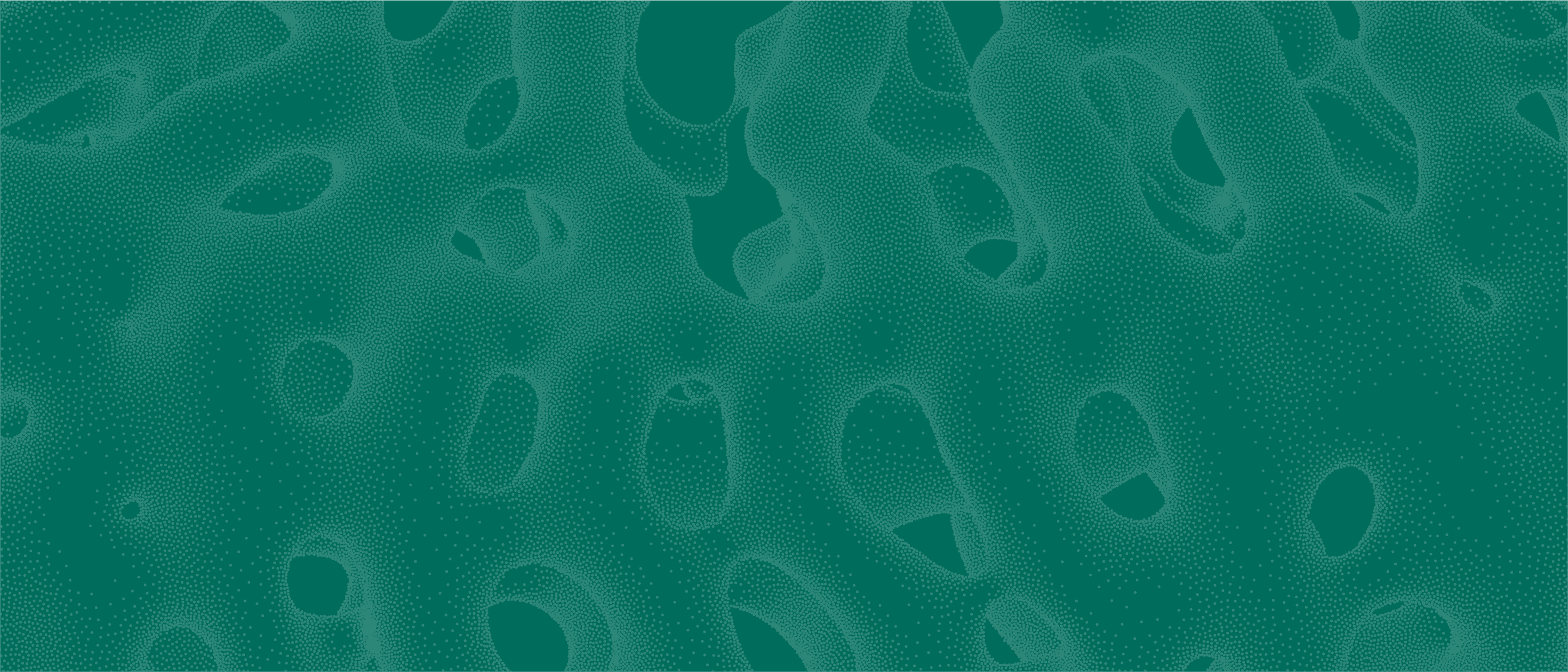
The academic year
An academic year at Chalmers is divided into two semesters, where each semester consists of two study periods. A study period consists of seven to nine study weeks and ends with an examination period.

Find course and programme syllabi
Search for courses and programmes offered at Chalmers. You will find course syllabi, programme overviews and programme syllabi for all courses and programmes each academic year.

Schedule
You can find the schedule for your programme and courses in TimeEdit.

Register for a course
You need to register for each course, each study period, for the whole semester. The registration opens Monday three weeks before the course instance starts and closes the second Tuesday in the course instance. Failure to register may affect your eligibility for student finance.

Study strategies and study techniques
Studying at university demands a high degree of independence and it is important to establish a good study technique. Study technique may range from keeping relevant notes to planning your study time and establishing the right routines.

Course literature
Most courses have assigned reading (“course literature”) which you are expected to read over the duration of the course. You will find information on the assigned reading for your course either through the course syllabus or the course home page in the learning platform Canvas.

Course evaluation
One of Chalmers’ guiding principles is World-Class Education and to ensure this, we constantly evaluate and review our education so that it lives up to our high standards. We do this by for example periodically reviewing our learning outcomes and our teaching so that they are aligned with current research in the subject area and pedagogics.

Examinations and other summative assessments
At the end of each course or module, your knowledge will be tested in the form of a summative assessment. The most common mode of assessment is a written examination. There may also be laboratory sessions involving documentation such as reports, oral presentations, project work or academic papers.

Transferring credits
As a Chalmers student who has studied at a Swedish or foreign institution, you can apply to have some of your education credited towards your degree. Non-higher education, plus knowledge and skills acquired professionally may also be considered. This page provides more information about transferring credits for all or part of a course and about foreign qualifications, prior learning and the possibility of appeal.

Withdrawal from studies, Transfer of Master's programme, Leave of absence
If you have changed your mind and want to alter something, you should first contact your student guidance counsellor for guidance. Here we describe how to discontinue your programme studies, withdraw from or cancel a course, apply for a study break and how to apply if you wish to transfer from one programme to another.

Grading system
Unless specified otherwise in the course or programme syllabus, the grade for a completed course is decided by an examiner in accordance with the common grades scale for Chalmers. A completed course is a course taken and examined resulting in a minimum grade of three or Pass.

Update your contact information and personal identity number
On this page you will find information on how to update your contact information, name and your temporary personal identity number.